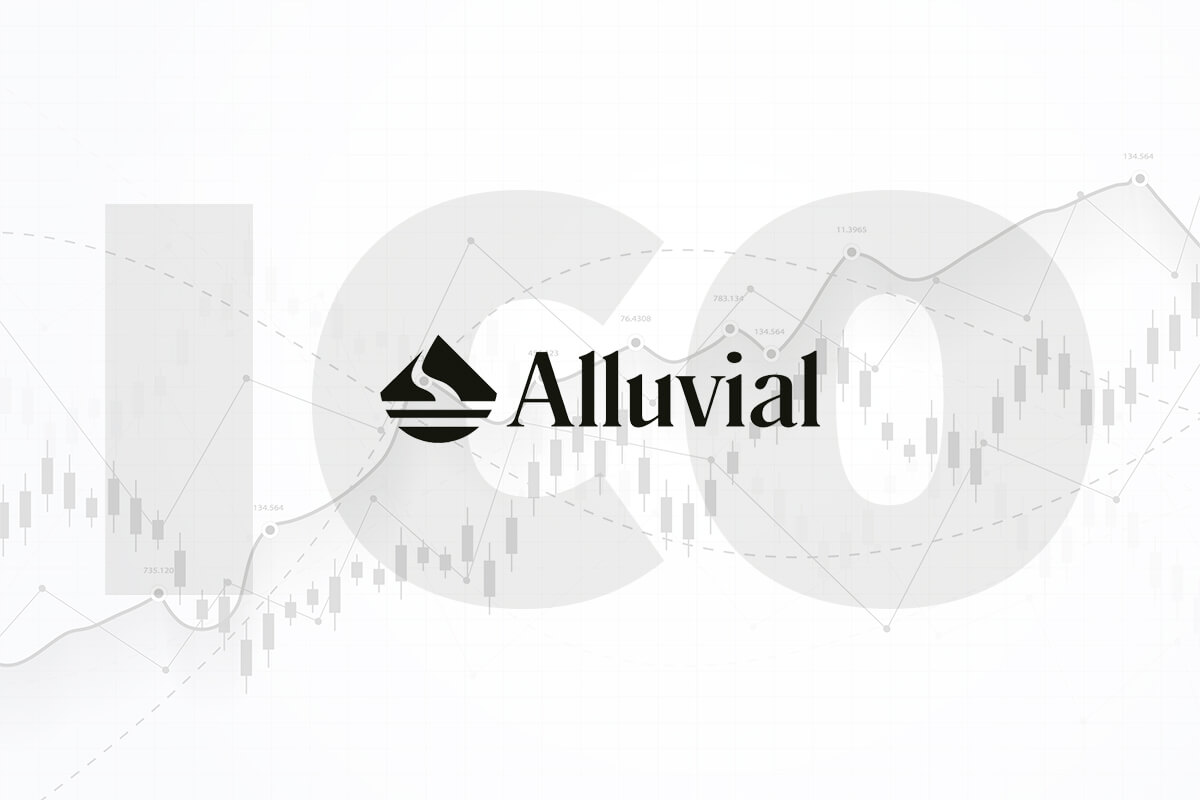
Alluvial ICO: $18.2M Raised for Liquid Staking Innovation
Quick Overview
- Alluvial’s ICO is highly anticipated, with $18,200,000 raised. ERC20 tokens will support the Liquid Collective protocol.
- Detailed guides, APIs, and third-party integration instructions ensure seamless developer integration.
- Two platforms—Mint/Redeem and Secondary Interactions—cater to different user needs, enhancing utility.
- Uses Allowlist and On-Platform lists for efficient wallet management and platform rebates.
- Robust API for ETH network rewards, supporting both omnibus and segregated account structures for detailed tracking.
Alluvial, a trailblazing software development company, is poised to make waves in the crypto world with its upcoming Initial Coin Offering (ICO). Specialising in enterprise APIs and development services, Alluvial supports the Liquid Collective protocol, aiming to redefine liquid staking through innovative solutions. Let’s dive into the details of this exciting project, which promises to reshape the landscape of digital asset management.
Alluvial’s ICO Nears with $18.2M Already Raised
The buzz around Alluvial’s ICO is palpable, with the token sale starting soon. The project has already garnered significant interest, raising an impressive $18,200,000. The tokens, identified as ERC20, will serve a utility role within the ecosystem, facilitating various functions essential to the Liquid Collective protocol. This anticipation underscores the community’s trust and confidence in Alluvial’s potential to deliver groundbreaking solutions.
Simplified Integration: Alluvial’s Detailed Developer Guides
Alluvial prioritises user experience by offering extensive documentation to aid developers in integrating with the Liquid Collective protocol. The documentation is meticulously structured into three main sections:
- Guides: These step-by-step guides simplify the implementation of key Liquid Staking flows, ensuring developers can efficiently integrate and utilise the protocol’s capabilities.
- APIs: Providing raw API requests, this section is crucial for platforms looking to leverage the Liquid Collective infrastructure, enabling seamless interaction with various services.
- Third-Party Integration Guides: This segment offers instructions for interfacing with the protocol via other software platforms, fostering a versatile and interoperable ecosystem.
Alluvial Offers Mint/Redeem and Secondary Interaction Platforms
Alluvial offers two distinct platform types to cater to diverse user needs:
- Enable Mint/Redeem: This platform allows direct protocol interactions, such as depositing ETH and redeeming LsETH. It mandates KYC/AML and Sanctions Screening, along with the submission of the user’s wallet address to an Allowlist smart contract upon successful verification.
- Enable Secondary Interactions: This platform supports trading, lending, and other services without direct protocol interactions. Users can interact with LsETH, accruing network rewards simply by holding the tokens.
These platforms ensure that users can engage with the Liquid Collective protocol in ways that best suit their requirements, enhancing the overall utility and accessibility of the service.
Allowlist and On-Platform Lists Enhance Wallet Management
To manage wallet interactions efficiently, Alluvial utilises two key lists:
- Allowlist: This list includes wallets authorised to mint and/or burn directly with the protocol. Only wallets on-ramped via a mint/redeem enabled platform can be added to this list.
- On-Platform: Used for calculating platform rebates, wallets added to the Allowlist are automatically included here, ensuring a seamless and integrated user experience.
Alluvial’s Guides Ensure Smooth Platform Enablement
Alluvial provides specific guides to assist platforms in enabling mint/redeem functionalities and secondary interactions. These guides are invaluable for ensuring that platforms can effectively integrate with the protocol, facilitating smooth and efficient operations for their users.
Robust Reporting API for ETH Network Rewards
A standout feature of Alluvial’s offering is its robust reporting API, which allows platforms to request the ETH network rewards accrued by their users. The reporting system supports two account structures:
- Omnibus Account Structure: This endpoint provides a comprehensive report of rewards, detailing balances and accrued rewards over specified periods. For example, from 1st to 10th April 2024, a balance of 1 ETH accrued rewards amounting to 0.0041516089956458.
- Segregated Account Structure: This structure offers detailed reports for individual accounts and wallets, providing granular insights into balance and reward distributions.
The detailed breakdowns include conversion rates, accrued rewards, and various fee structures, ensuring transparency and clarity for all stakeholders.
Precise Reward Examples Highlight Reporting Efficiency
To illustrate the efficiency of its reporting system, Alluvial provides examples of reward calculations. For instance, in the segregated account structure, an account with a balance of 0.0000198315414745 LsETH on 15th May 2024 received rewards of 0.000000000092766089 ETH. Such precision ensures users can track their earnings accurately, fostering trust and reliability in the system.
A Promising Future with Alluvial
Alluvial’s upcoming ICO represents a significant opportunity in the blockchain space. It offers a comprehensive suite of tools and services to enhance the Liquid Collective protocol. Moreover, its well-structured documentation, versatile platform types, efficient wallet management systems, and detailed reporting capabilities set Alluvial apart. As a result, Alluvial seems poised to revolutionise liquid staking. As the ICO launch approaches, the excitement continues to build. This promises a bright future for both the company and its supporters.
The post Alluvial ICO: $18.2M Raised for Liquid Staking Innovation appeared first on FinanceBrokerage.

